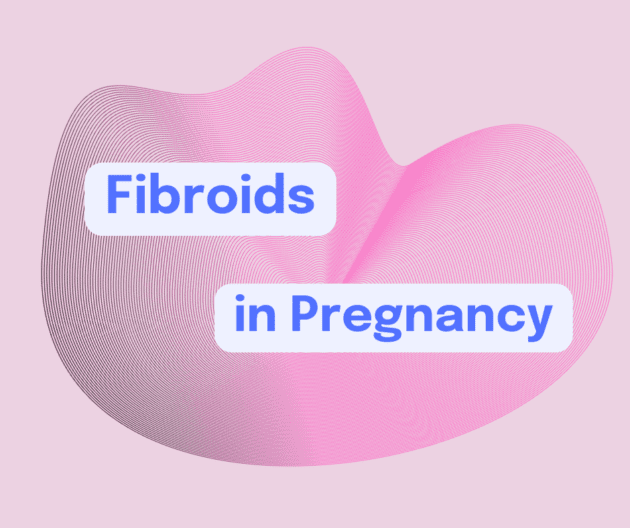

Fibroids in Pregnancy
Mr Narendra Pisal, consultant gynaecologist, contributed to Goodtoo article explaining the management of pregnancy with fibroids.
Can fibroids affect pregnancy? How?
Fortunately, fibroids do not usually interfere with chances of getting pregnant. Most of the fibroids are small and do not interfere with the cavity of the uterus or the fallopian tubes. Submucous fibroids (those which encroach on the uterine cavity) can sometimes affect the process of implantation. This can lead to sub-fertility and sometimes early pregnancy loss.
Fibroids in the upper corner of the uterus (cornual region) can occasionally obstruct fallopian tubes and can be a cause of tubal factor subfertility. Similarly, very large fibroids and an enlarged uterine cavity can be a cause of not getting pregnant.
So, in general, if the fibroids are small (smaller than 6cm) AND if the cavity is normal AND if the fallopian tubes are not affected, there is no cause to worry.
In what ways can fibroids impact you when pregnant?
Fibroids usually cause no problems with pregnancy but can sometimes be associated with risks during antenatal period, labour and post-partum.
Fibroids can increase the risk of early pregnancy loss and preterm birth especially if they are large or interfere with the uterine cavity (submucous fibroids).
Fibroids tend to increase in size with hormones and increased blood supply of pregnancy. This can lead to increased discomfort. Increase in size is also associated with ‘Red degeneration of Pregnancy’. This happens due to rapid increase in the size of fibroids where the central area of a fibroid does not get enough blood supply and undergoes ‘necrosis’. This is associated with pain and tenderness over the fibroid. Sometimes admission to the hospital and rest is required for pain relief, anti-inflammatory and supportive treatment.
Fibroids in the lower part of the uterus can lead to malposition such as transverse lie or breech presentation necessitating Caesarean Section. Caesarean Section can sometimes be difficult and complex due to location of the fibroids.
Post-delivery, fibroids can interfere with contraction of the uterus leading to post-partum haemorrhage and hence a hospital delivery is often recommended.
How big does a fibroid have to be to affect pregnancy?
There isn’t always a correlation between the size of fibroids and effect on pregnancy. If the fibroids are external to the uterus (growing outside), even large fibroids will have minimal effect on pregnancy. Whereas a small 2cm fibroid within the uterine cavity may interfere with chances of getting pregnant or even cause a miscarriage. So, location of fibroids carries more significance that just the size.
Can you have a safe, full-term pregnancy with fibroids?
Yes, in most cases, fibroids and pregnancy can co-exist without any problems and the pregnancy can progress as planned with good chance of a normal delivery.
How do you manage fibroids during pregnancy?
Fibroids are almost always managed conservatively in pregnancy. If you have fibroids, please let your obstetrician know, who will be able to keep an eye on the size of fibroids and any symptoms. Also, a scan in the third trimester is a good idea to see if the fibroids may interfere with the presentation and delivery. A hospital delivery is recommended as there is a higher chance of post-delivery bleeding in women with uterine fibroids.
Is there any treatment for fibroids that someone can have while pregnant? Is treatment necessary?
Fibroids are almost always left alone in pregnancy and no treatment is recommended apart from watchful supervision of an experienced obstetrician.
Are fibroids anything to worry about during pregnancy?
As discussed, pregnancy will usually progress without any problems in presence of fibroids. You should discuss your particular case with your obstetrician who will be able to guid you through your pregnancy journey and also delivery options.



